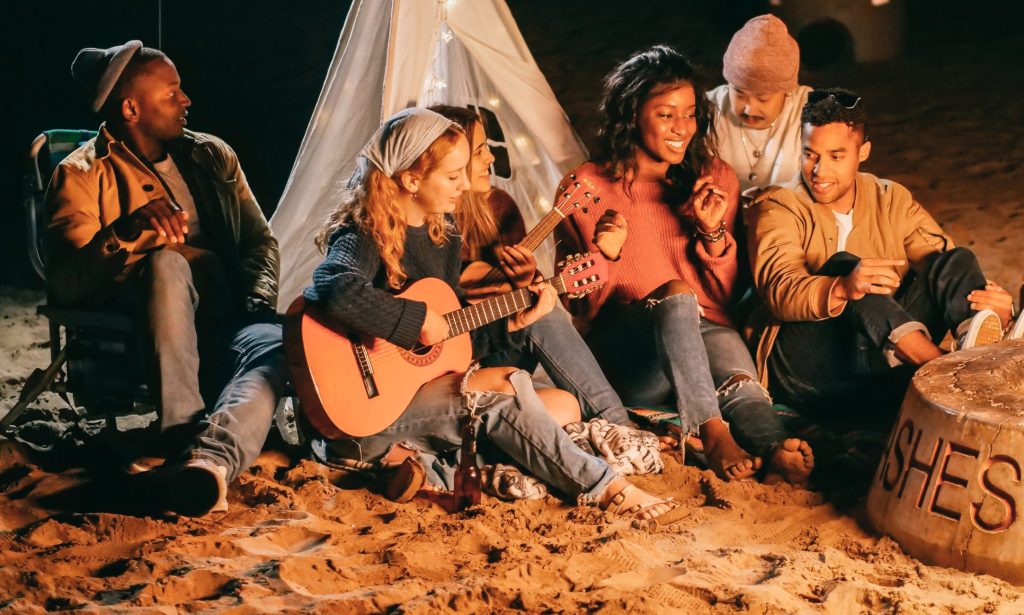Chapter 4: Group Development

This group development chapter assumes that a thorough understanding of people requires a thorough understanding of groups. Each of us is an autonomous individual seeking our own objectives, yet we are also members of groups—groups that constrain us, guide us, and sustain us. Just as each of us influences the group and the people in the group, so, too, do groups change each one of us. Joining groups satisfies our need to belong, gain information and understanding through social comparison, define our sense of self and social identity, and achieve goals that might elude us if we worked alone. Groups are also practically significant, for much of the world’s work is done by groups rather than by individuals. Success sometimes eludes our groups, but when group members learn to work together as a cohesive team their success becomes more certain.
Psychologists study groups because nearly all human activities—working, learning, worshiping, relaxing, playing, and even sleeping—occur in groups. The lone individual who is cut off from all groups is a rarity. Most of us live our lives in groups, and these groups have a profound impact on our thoughts, feelings, and actions. Many psychologists focus their attention on single individuals, but social psychologists expand their analysis to include groups, organizations, communities, and even cultures.
This chapter examines the psychology of groups and group membership. It begins with a basic question: What is the psychological significance of groups? This chapter then reviews some of the key findings from studies of groups. Researchers have asked many questions about people and groups: Do people work as hard as they can when they are in groups? Are groups more cautious than individuals? Do groups make wiser decisions than single individuals? In many cases, the answers are not what common sense and folk wisdom might suggest.

